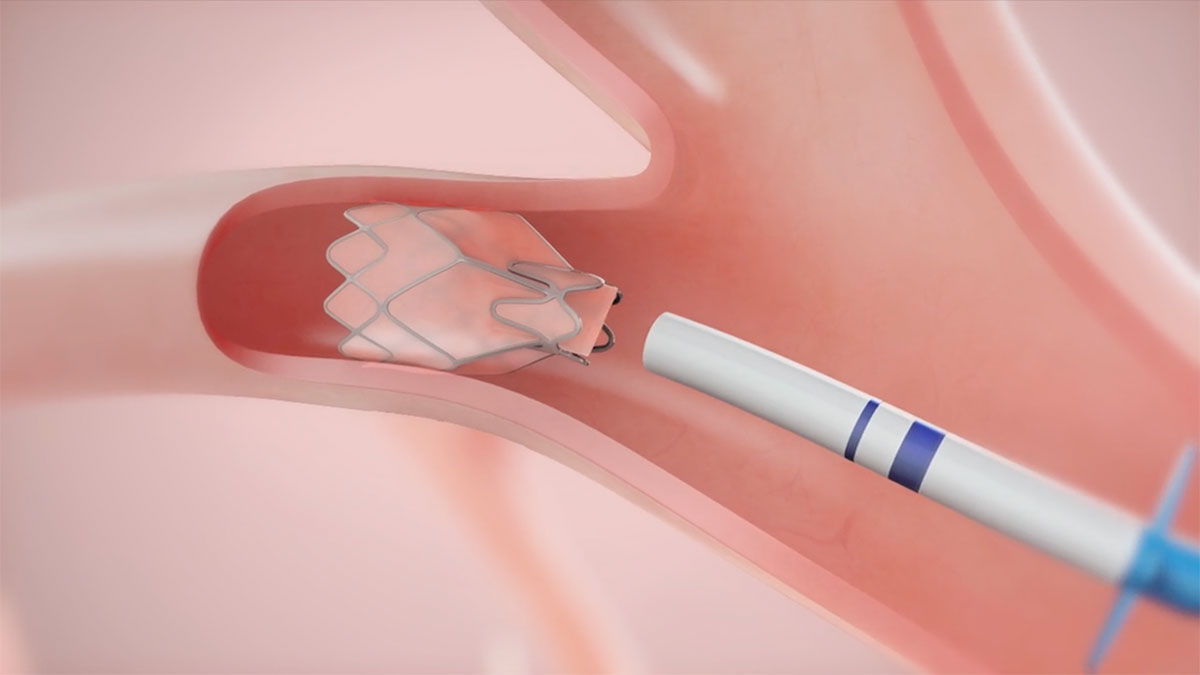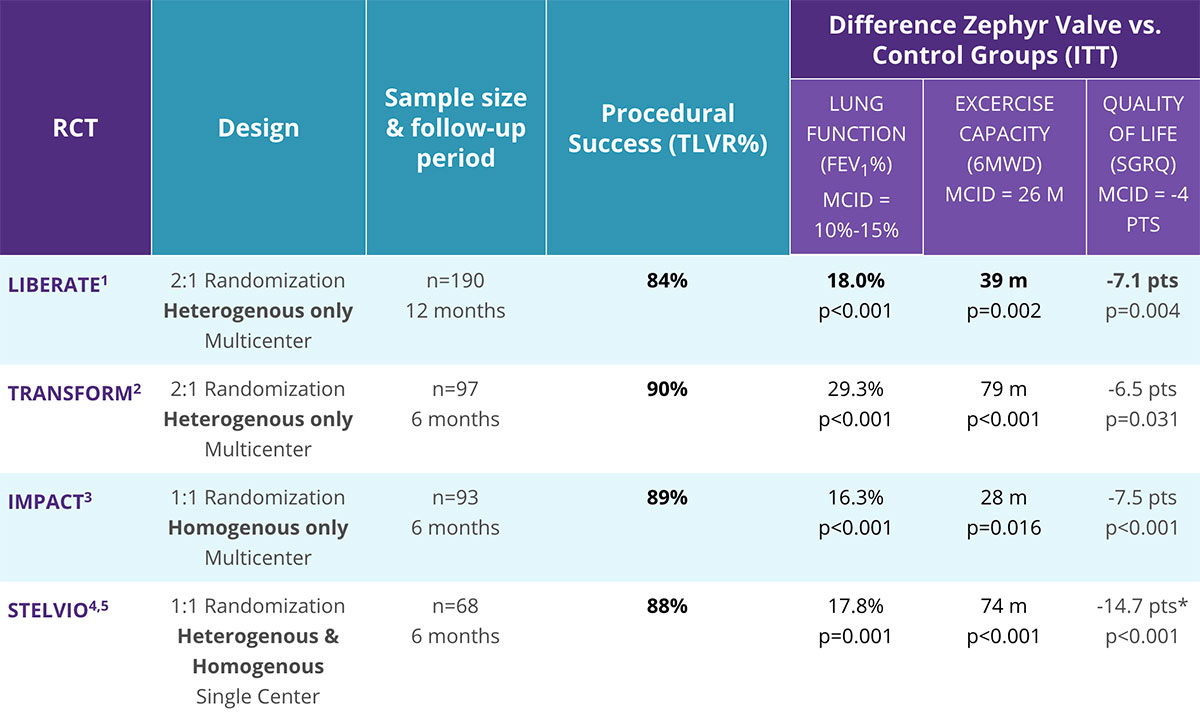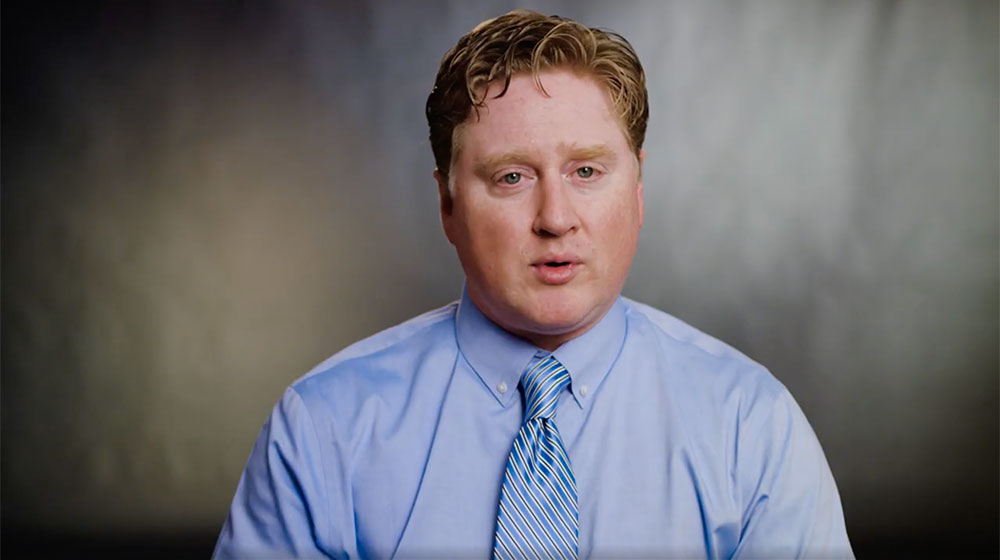Welcome to the Virtual Tour for Referring Pulmonologist & HCPs
Are You Offering the Full Spectrum of Care to Your Severe COPD/Emphysema Patients?
Zephyr Valves may be able to help 500,000 US patients with severe COPD/Emphysema.1,3
But only 1% of potentially eligible patients have been treated with valves in the last 5 years.*
The Zephyr® Valve delivers durable clinical benefits — without surgery and its associated risks.1-5
Patients experience:1-5
- Improved health status
- Improved lung function
- Increased exercise capacity
- Reduced breathlessness or dyspnea
- Reduced gas trapping
- Improved quality of life
*Data on file
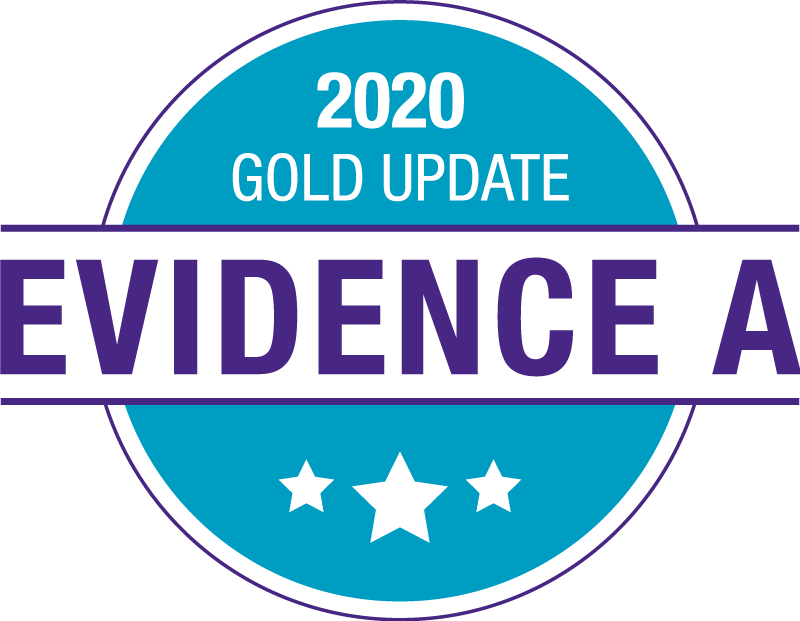
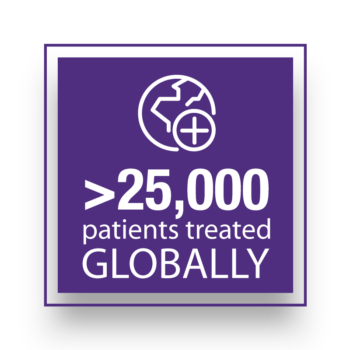
How It Works
See how the Zephyr Valve treatment is performed as a minimally invasive lung volume reduction procedure. The Zephyr Valve is the first endobronchial valve to receive approval from the FDA for patients with either heterogenous or homogeneous emphysema.
Zephyr Valve Patient Benefits and Risks
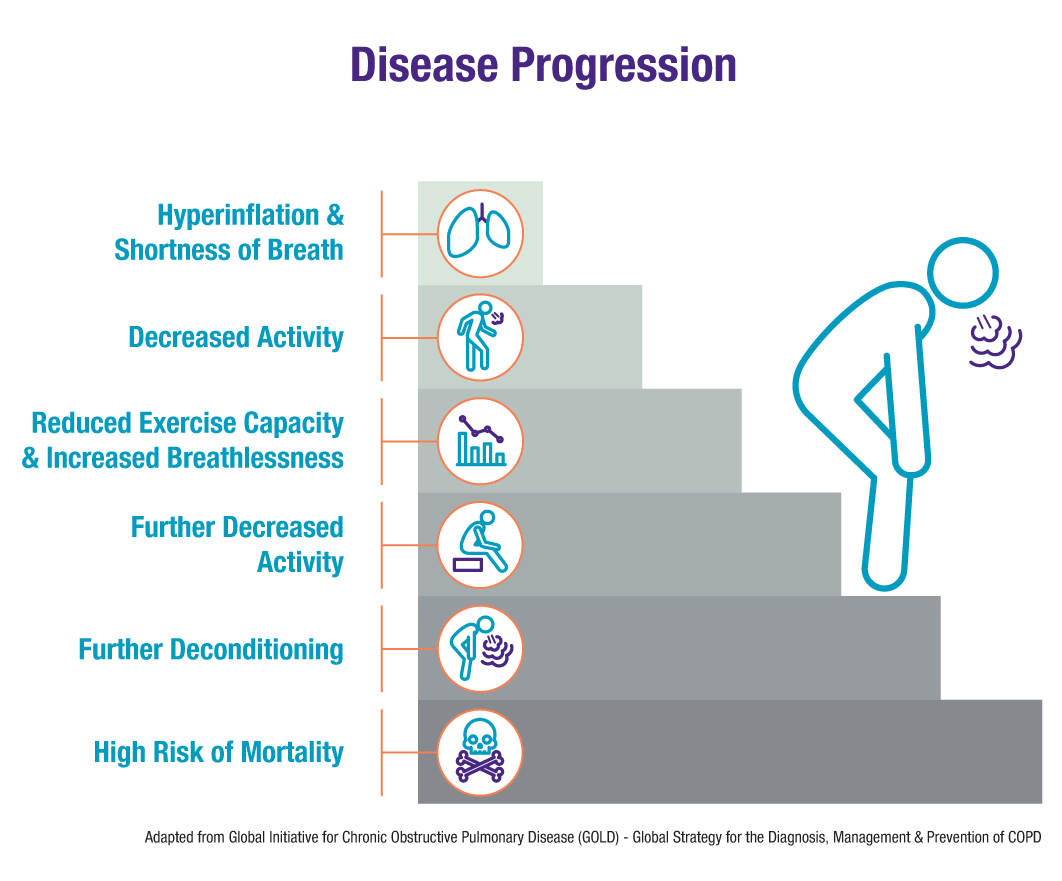
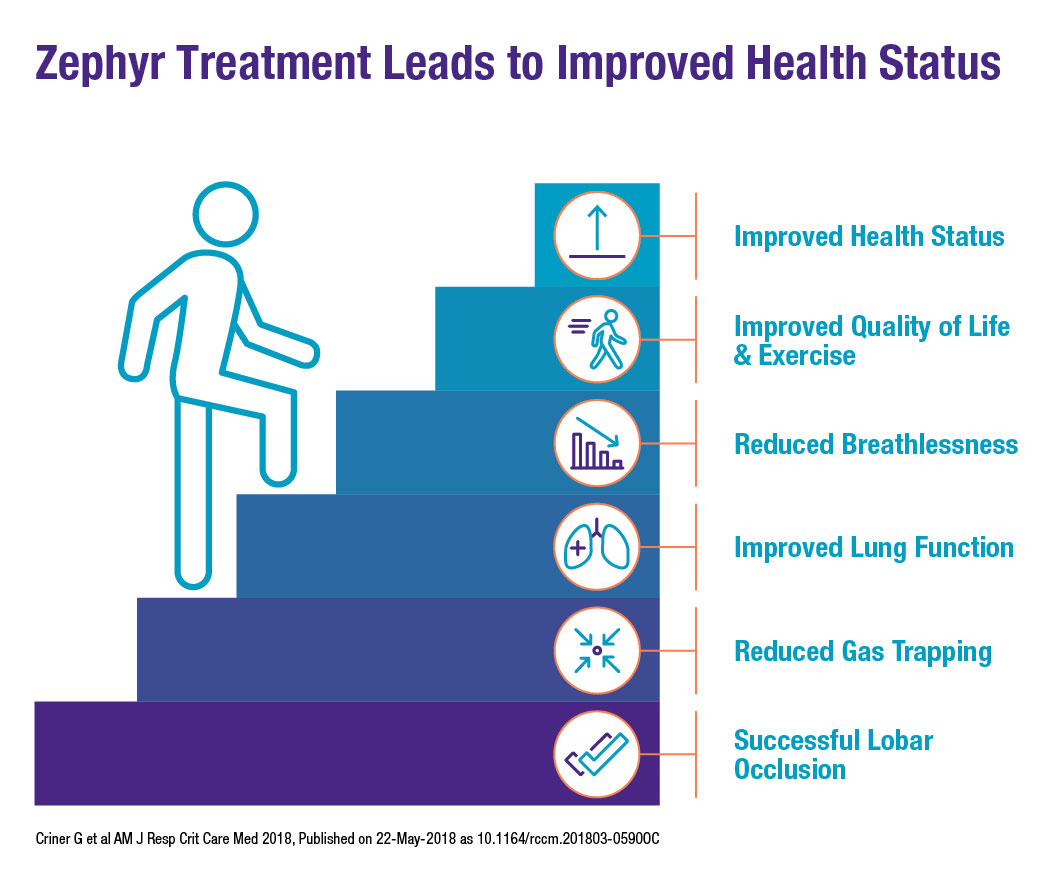
Complications of the Zephyr Endobronchial Valve Treatment include but are not limited to pneumothorax, worsening of COPD symptoms, hemoptysis, pneumonia, dyspnea and, in rare cases, death.
Observe Zephyr Valves as they are placed in the airways of a patient. The valves reduce hyperinflation and gas trapping in patients with severe emphysema.

Key Patient Selection Criteria
- Confirmed diagnosis of COPD
- Non-smoking or willing to quit smoking
- FEV1≤50% predicted
- Breathless despite optimal medical management (mMRC≥2)

Making a Referral:
Patients who might benefit from Zephyr Valve therapy include
- Patients who are not responding to optimal medical management
- Patients who prefer additional treatment options
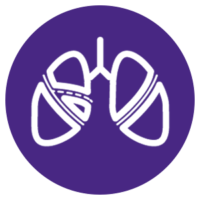
Once Referred an Interventional Pulmonologist Will Confirm
- Diagnosis of severe emphysema
- Presence of hyperinflation (RV≥175% predicted)
- Confirmation the target lobe has little to no collateral ventilation
Clinical Evidence
Consistent Clinical Findings Across Four Randomized Controlled Trials
LIBERATE1 Primary & Secondary Endpoints
Primary Endpoint Responder Analysis
Percent of Subjects with FEV1 Change of ≥15%
Secondary Endpoints
Change in St. George’s Resp Questionnaire
Change in FEV1
Change in 6MWD
Pulmonologist Perspective: How Zephyr Valves Work
Complications of the Zephyr Endobronchial Valve Treatment include but are not limited to pneumothorax, worsening of COPD symptoms, hemoptysis, pneumonia, dyspnea and, in rare cases, death.
Sign Up for More Information
Featured Patient Stories

Charlie’s Story
Age at Treatment: 68
Fairfax, Virginia
My story about this procedure tells people what life can be even with COPD. It really brought me back. I am a walking Christmas present.


Flo’s Story
Age at Treatment: 63
Texas City, TX
I feel strongly that part of my new path in life is to help spread the word about the Zephyr Valves so other sufferers can learn about this option and have hope.

